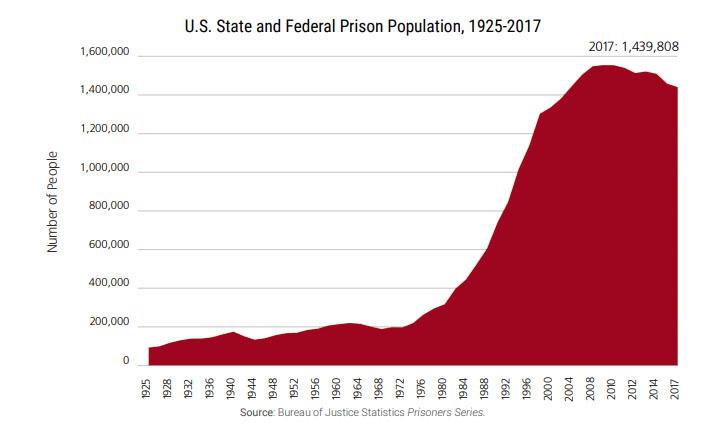“Failure is not an Option”
Justice & Forgiveness in the Age of Cancel Culture Aleksandr Solzhenitsyn was a Russian historian, philosopher, and novelist. In 1945, the seventeenyear-old was arrested and sentenced to just under a decade of hard labor and internal exile—for the crime of criticizing Joseph Stalin in his private letters. Solzhenitsyn wrote vividly and extensively about his horrific experiences in the gulags, as well as Soviet authoritarianism more generally, and later won the 1970 Nobel Prize in Literature. In one of his most renowned works, The Gulag Archipelago, Solzhenitsyn writes: “The line separating good and evil passes not through states, nor between classes, nor between political parties either—but right through every human heart— and through all human hearts. This line shifts. Inside us, it oscillates with the years. And even within hearts overwhelmed by evil, one small bridgehead of good is retained.” It has become cliché to write or speak about our current politics as being “toxic” or “polarizing.” Calls for moderation, compromise, and levelheaded discourse have been frequent, albeit largely unsuccessful. What is, furthermore, most disturbing to me is not that our politics have become “divisive.” Politics have always been divisive, and political division (unlike political unity) is often illustrative of liberalism, free thought, democracy, the values that we hold dear. Instead, it seems that our division has transcended the political sphere and has trickled into the cultural, psychological, and moral fabrics of our
By Ballard Morton
society. Ideological tribalism and demagoguery have in many cases hijacked our most fundamental capacities for reason, empathy, sympathy, skepticism, and—perhaps above all—justice. What began as progressivism, as good intentions, has surreptitiously morphed into something altogether destructive— namely an epidemic of our most primal and animalistic impulses, manifested in the court of public opinion. “Cancel culture” is a term that is easy enough to define superficially yet exceedingly difficult to disentangle and explore. Cancel culture, or “call-out culture,” is the tendency for people to cancel, disinvite, fire, admonish, or publically shame individuals for their past— regrettable—comments or behavior. A prominent example was when Kevin Hart stepped down from hosting the 2019 Academy Awards for homophobic Tweets that were nearly a decade old, or when Harvard rescinded its offer of admission from school-shooting survivor and conservative activist Kyle Kashuv for his use of the N-word two years prior. Cancel culture has included many celebrities and Hollywood personalities who were swallowed up in the #MeToo movement, such as Aziz Ansari and Louis C.K., who were said to have been unfairly lumped together with more overtly malicious and depraved figures such as Harvey Weinstein. Cancel culture comprises political figures, like Ralph Northam, who received substantial backlash and calls for resignation for his 1984 yearbook photo that depicted him in blackface. Cancel culture has become a system of frontier justice—where Twitter plays judge, jury, and executioner. It has allowed, even encouraged, the ferocious demagogues of the Internet to dictate exactly who should be publicly chastised, and whose career ought to be damaged, if not entirely and irrevocably destroyed. Who is to make sense of all of this? After all, it is almost undeniable that certain members of our society deserve to have their careers destroyed if they engaged in the absolute worst and most unredeemable forms of behavior. On the other hand, we all make mistakes. We
16












